The kitchen is the heart of the home, but it can also be a sneaky hotspot for food waste. You might think you’re being efficient, but some everyday habits could be sending perfectly good food straight to the trash.
So, let’s shine a light on the habits that may be sabotaging your kitchen game—and learn how to break them. Here are nine common kitchen habits that are secretly wasting your food and what to do about them.
1. Not checking your fridge before grocery shopping
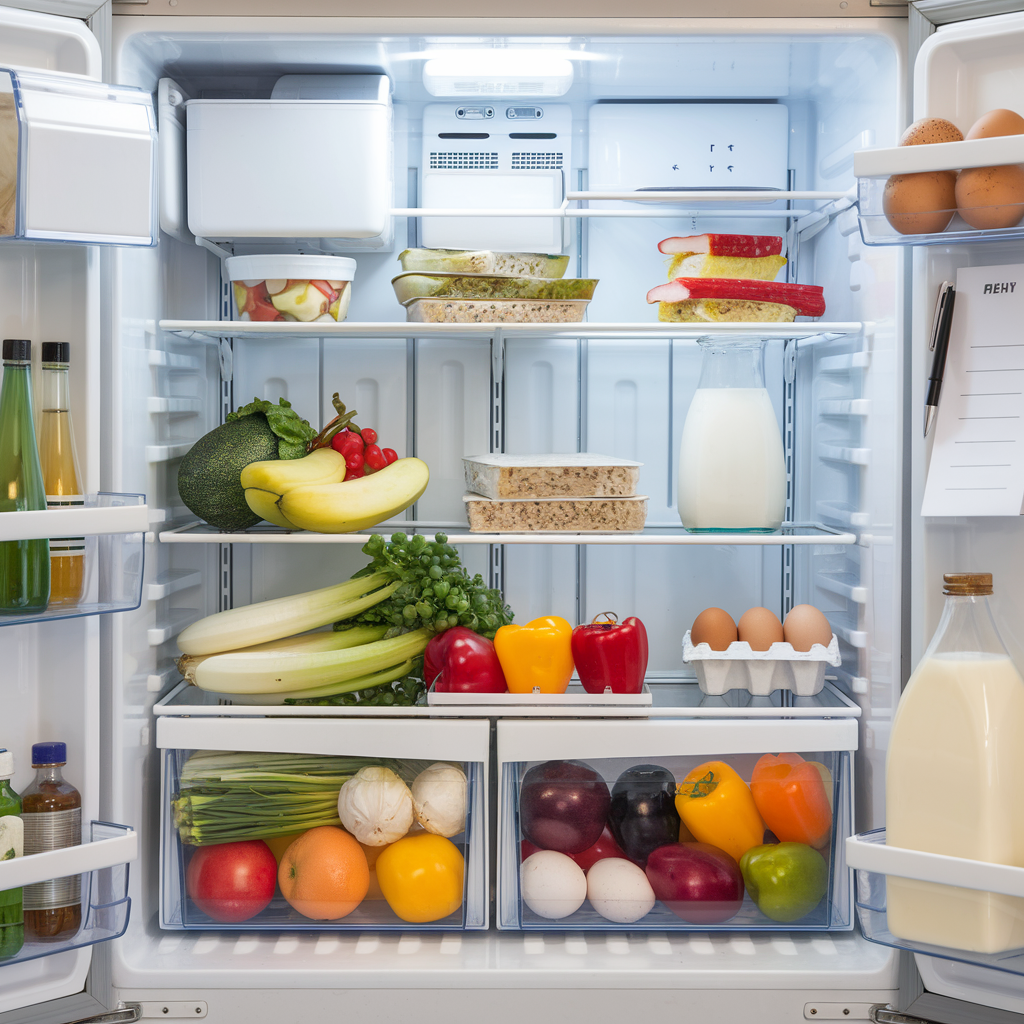
Picture this: you’re at the store, and you grab a bunch of bananas, only to come home and find another bunch already turning brown on your counter. Not checking your fridge or pantry before shopping often leads to duplicates and forgotten items.
Those “extra” veggies and dairy products tend to get shoved to the back, where they morph into science experiments. The solution? Do a quick inventory before you head out. Bonus points if you jot down a list and stick to it!
2. Storing fruits and vegetables together
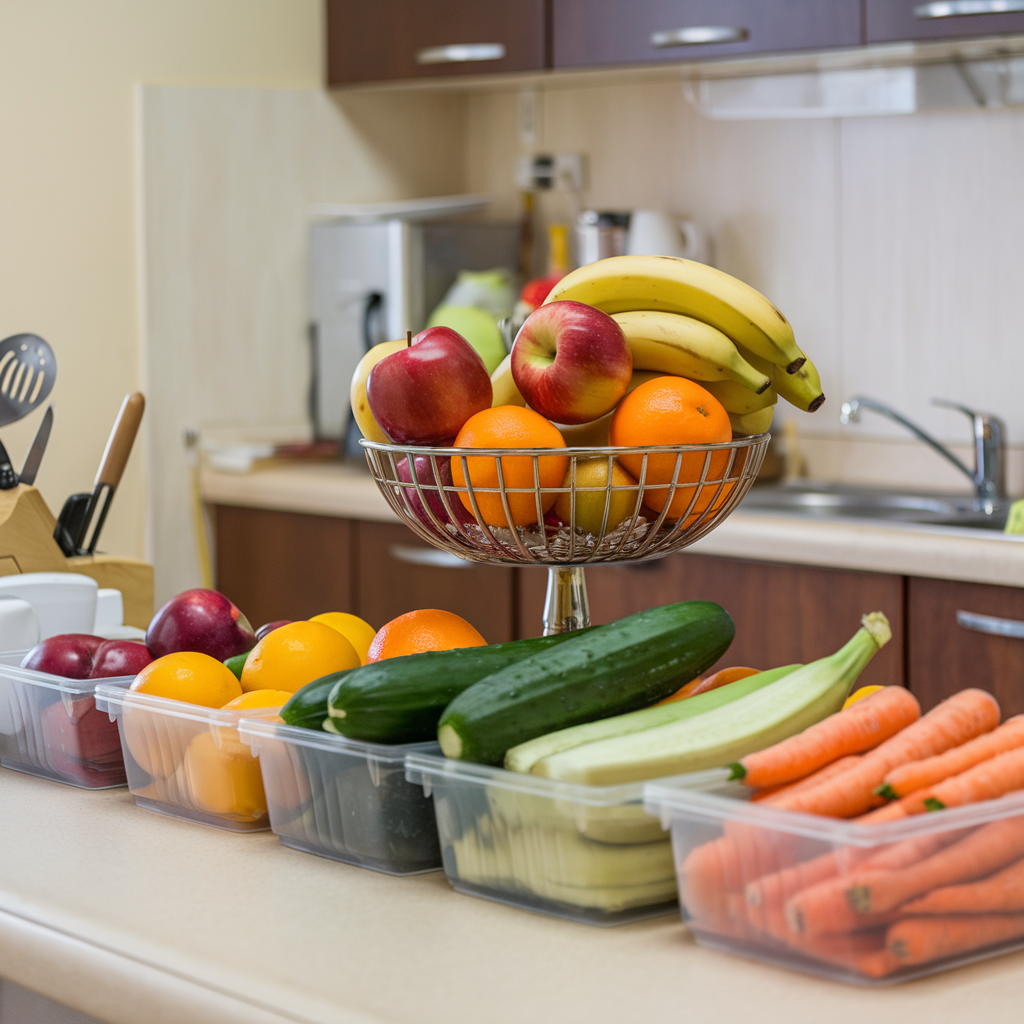
Your produce may look happy all piled together in a fruit bowl, but this is a recipe for spoilage. Some fruits, like apples and bananas, emit ethylene gas, which can cause nearby veggies to ripen—and rot—faster.
That’s why your cucumbers turn into sad, soggy messes faster than you’d expect. Keep ethylene-producing fruits in a separate space to extend the life of your greens. A little segregation in the fridge can go a long way!
3. Ignoring expiration dates—or relying on them too much

Expiration dates are a double-edged sword: ignore them, and you might waste food unnecessarily; follow them blindly, and you might toss perfectly good food. Many dates are simply “best by” suggestions, not hard deadlines.
A sniff test or a quick taste can often tell you if something is still good to eat. Get in the habit of trusting your senses along with those labels. Your wallet—and the environment—will thank you.
4. Overcrowding your fridge
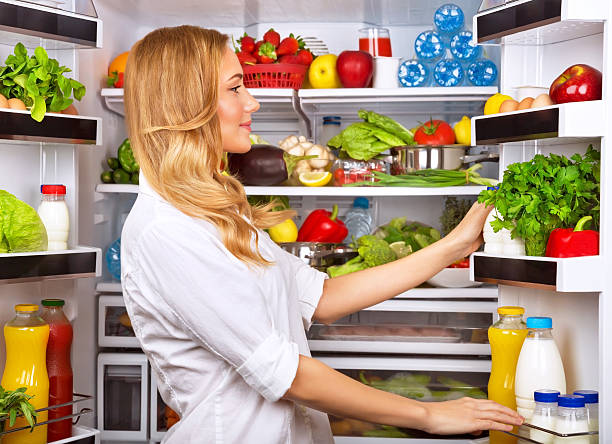
A packed fridge might seem like the sign of a well-prepared kitchen, but overcrowding can lead to food waste. When the shelves are jammed, air circulation is blocked, causing uneven cooling. Plus, it’s easy to forget about leftovers and perishables hiding in the back.
A good rule of thumb? Keep your fridge about two-thirds full for optimal performance. This gives you space to see what you have and use it up before it spoils.
5. Tossing leftovers instead of repurposing them
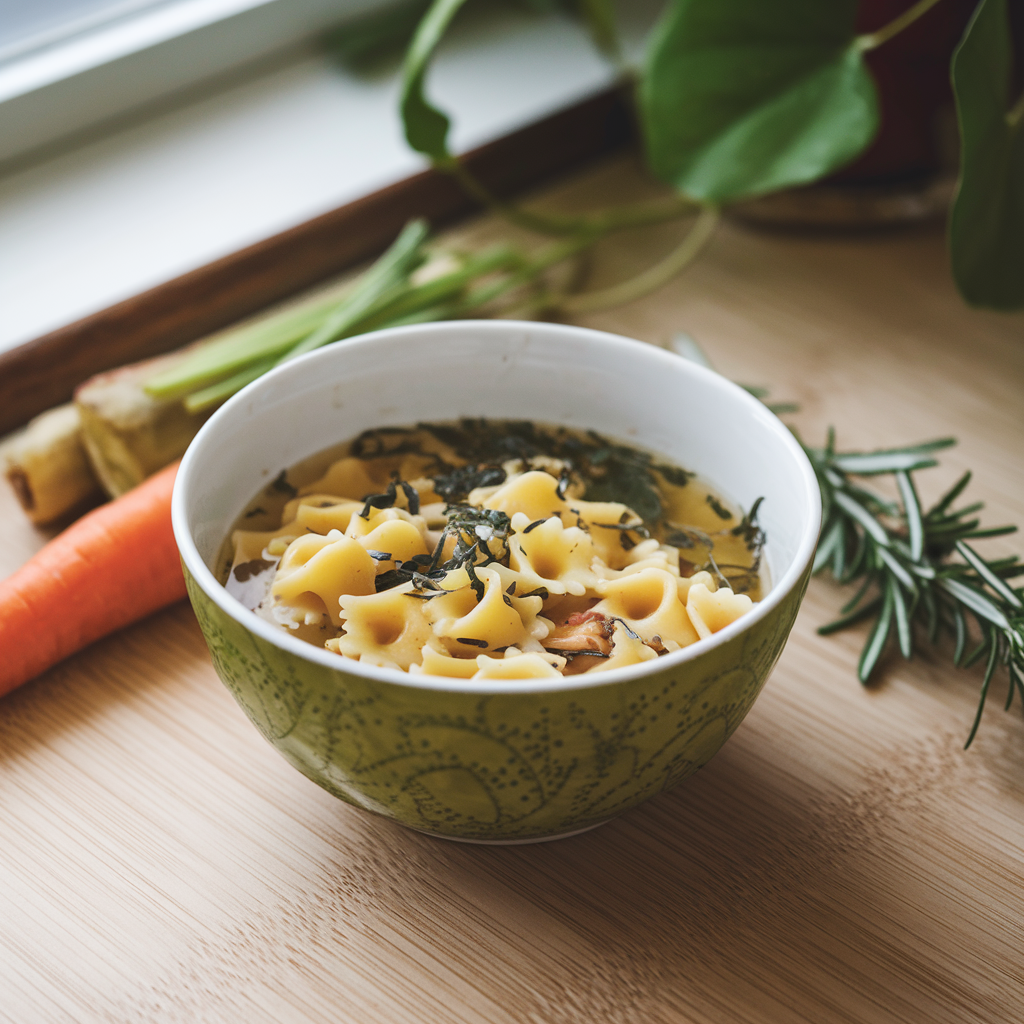
Got some leftover roast chicken? Great! But instead of reheating it for the fourth time, think outside the box. Many people toss leftovers because they’re tired of eating the same thing, but a little creativity can breathe new life into them.
Turn last night’s pasta into a hearty soup or that sad rice into fried rice magic. With a bit of imagination, yesterday’s meal can become today’s masterpiece.
6. Peeling everything unnecessarily
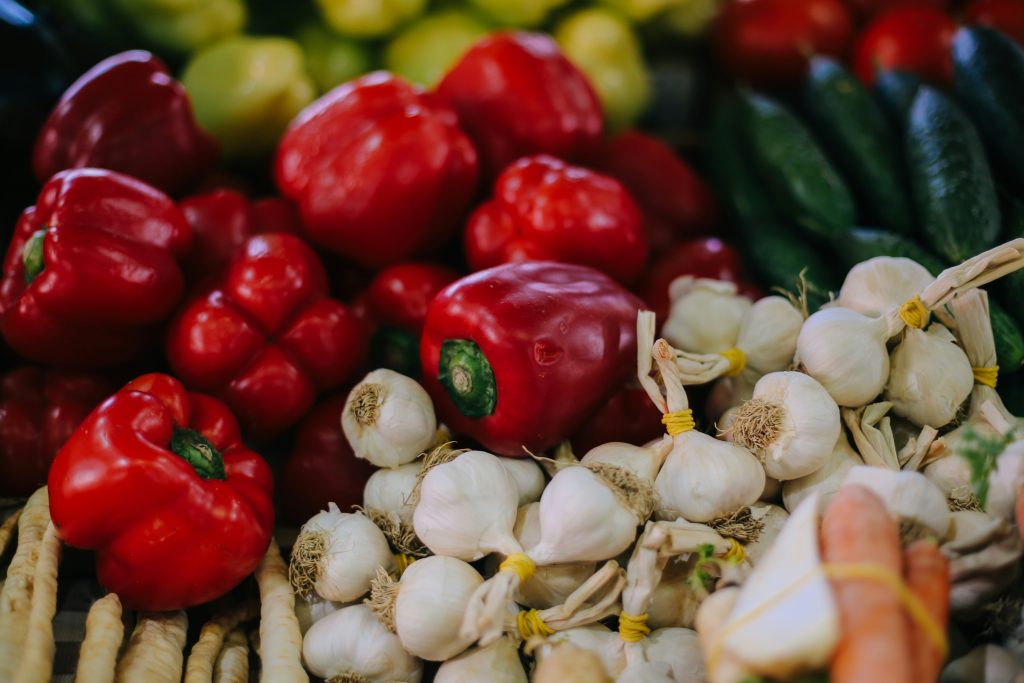
Peeling carrots, potatoes, and cucumbers might feel like second nature, but you’re throwing away a lot of nutrients—and flavor. Most vegetable peels are perfectly edible and packed with vitamins and fiber. Not to mention, skipping the peel can save you prep time.
If you’re worried about dirt or pesticides, give your veggies a good scrub instead. Mother Nature didn’t give them that skin for nothing!
7. Letting herbs wilt in the fridge
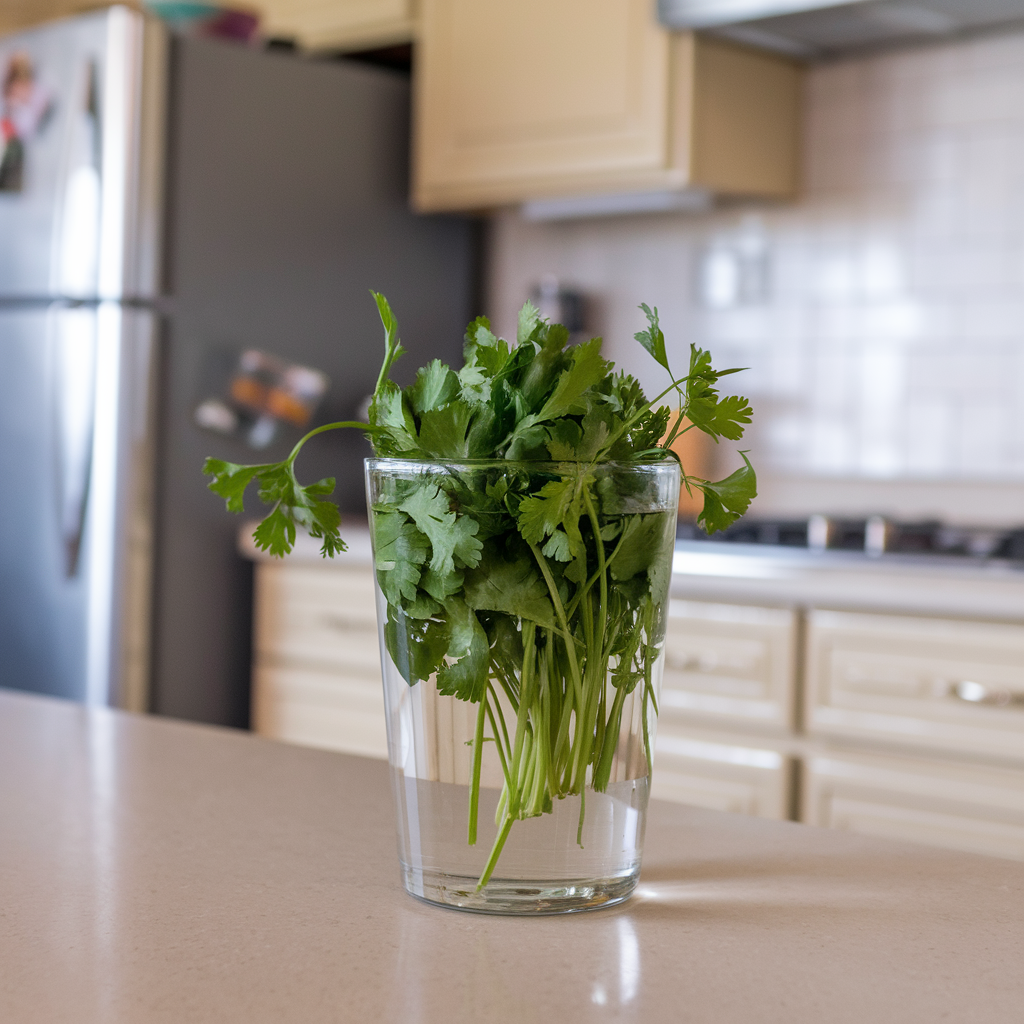
Fresh herbs are like the divas of the fridge: they demand attention but wither away the moment you neglect them. Tossing half a bunch of cilantro or parsley because it turned slimy is all too common.
The fix? Store your herbs like flowers—in a glass of water—or wrap them in a damp paper towel and keep them in the fridge. Or better yet, freeze leftover herbs in olive oil or butter to use later. No more herb heartbreak!
8. Throwing out “ugly” produce
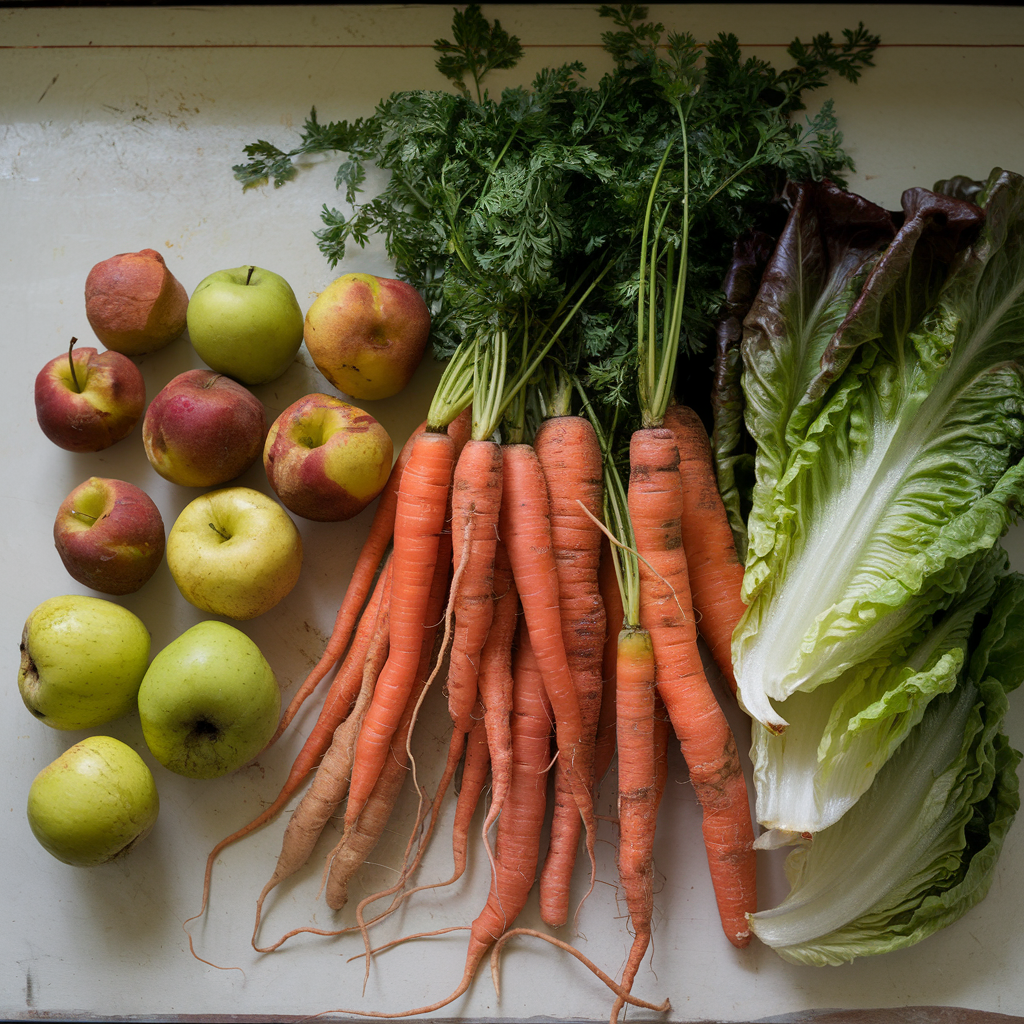
Wonky carrots, bruised apples, and slightly wilted lettuce often get the boot for not being “perfect.” But these so-called imperfections don’t make produce any less tasty or nutritious. Ugly fruits and veggies are perfect for soups, smoothies, and sauces where appearance doesn’t matter.
Embrace the quirky looks, and you’ll save money while reducing waste. Remember, beauty is only skin deep—especially for produce.
9. Forgetting to label your leftovers
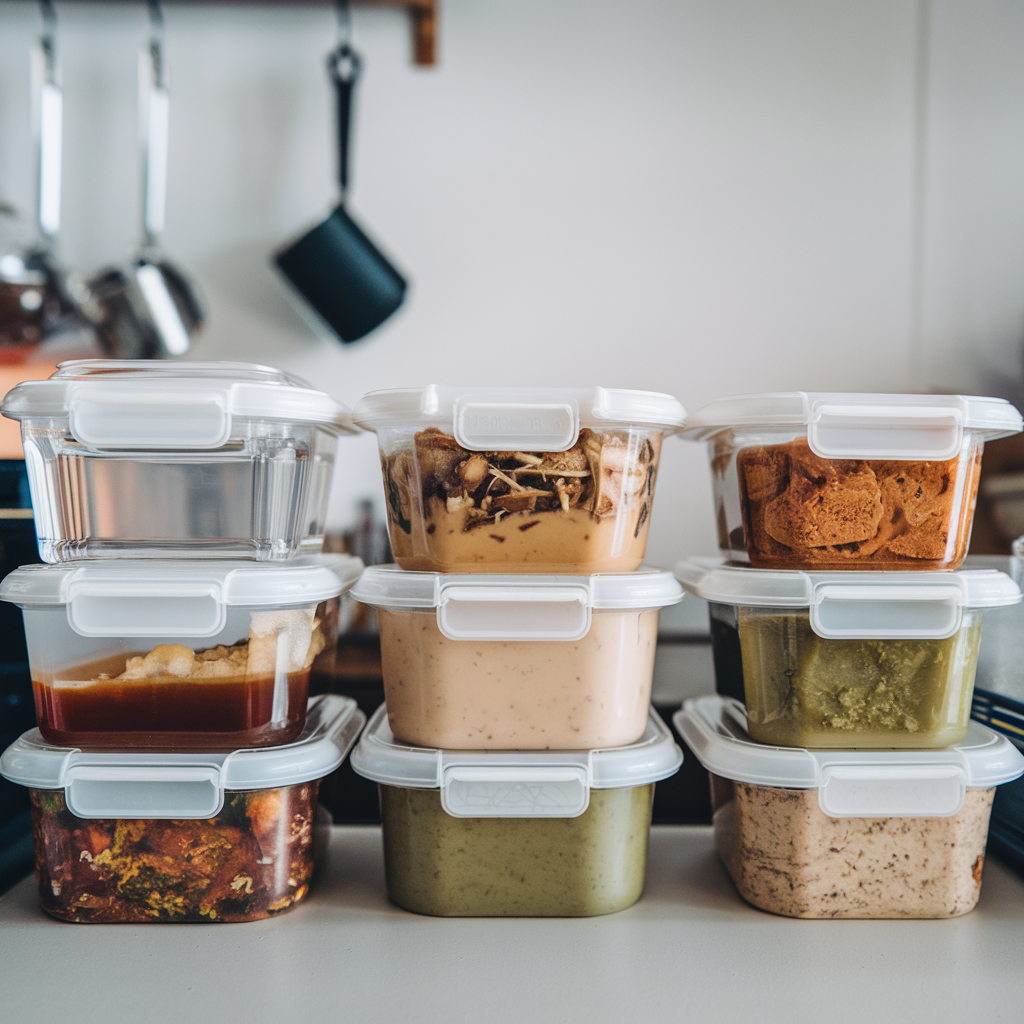
How many times have you opened a mystery container in your fridge, given it a dubious sniff, and tossed it out just to be safe? Forgetting to label your leftovers often leads to unnecessary waste. A simple piece of masking tape and a marker can work wonders.
Write down what’s inside and the date you stored it, so you don’t play the guessing game later. It’s a small habit that makes a big difference.
Leave a comment